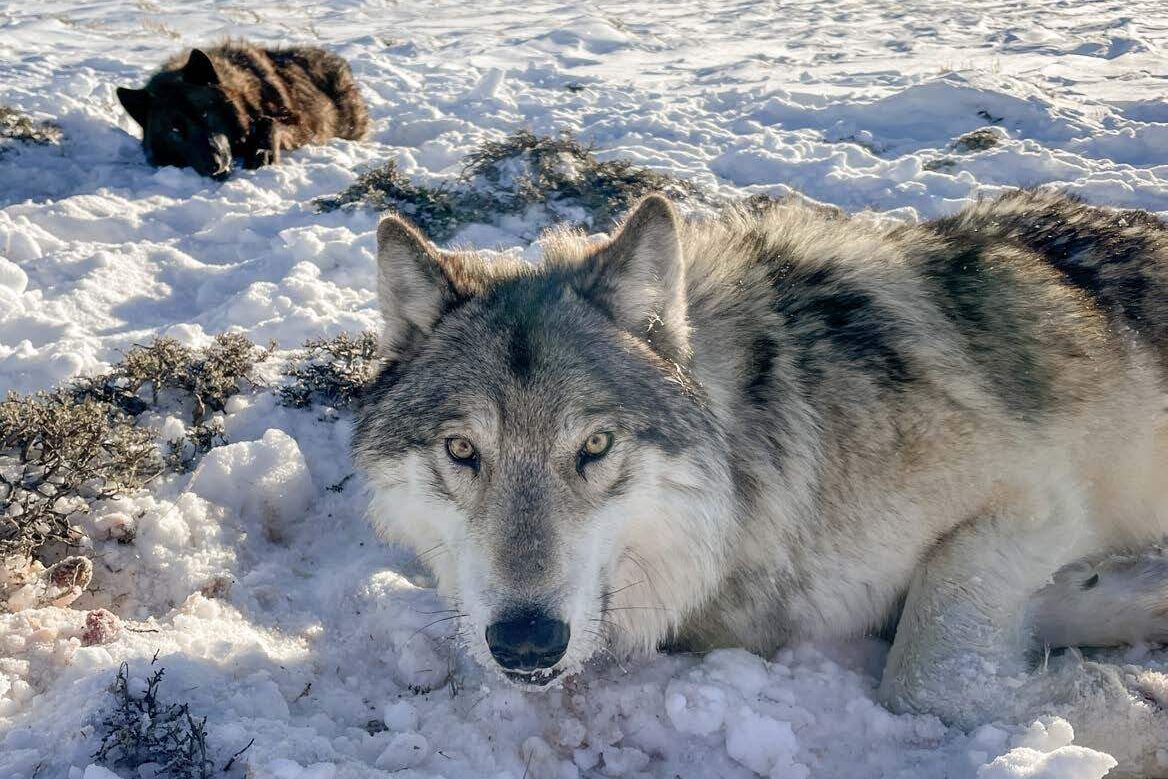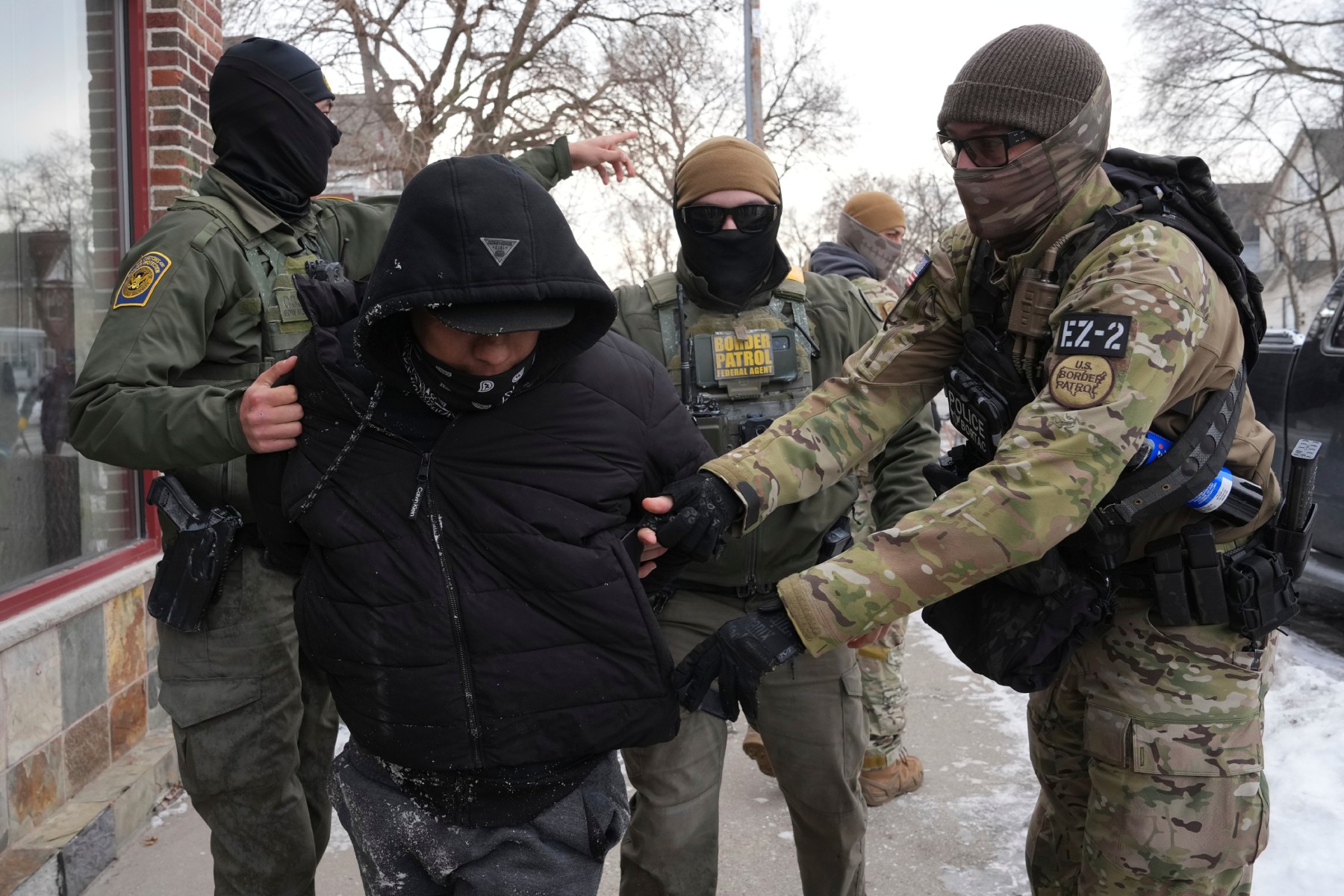
Colorado has a detailed plan to reintroduce wolves to the Western Slope by the end of the year, but until this week, it wasn’t clear where the state would get the animals.
It now appears Colorado wildlife managers will ask for wolves from Washington and a few other Rocky Mountain states.
In mid-May, Colorado Parks and Wildlife Director Jeff Davis sent a letter to the Washington Department of Fish and Wildlife asking if it would consider donating wolves to the restoration effort. As Colorado prepares to release 30 to 50 wolves in the next three to five years, Davis said he's in the process of sending similar requests to Idaho, Montana and Oregon.
"How that number gets divided up among source states is still to be determined, but we do not expect one state to be the sole source of wolves," Davis wrote.
The commission overseeing Washington's wildlife agency plans to discuss the request at a June 22 meeting. The agenda includes a copy of the letter from Davis, who served as the director of conservation in Washington until earlier this year.
The request comes as Colorado races to reintroduce wolves by Dec. 31 in order to meet a deadline laid out in a ballot initiative narrowly approved by voters in 2020. Wildlife managers hope to restore wolves to the state after hunters and trappers eradicated the species in the 1940s. Since then, at least one wolf pack has migrated from Wyoming into northern Colorado on its own.
In its reintroduction plan, Colorado listed Wyoming, Montana and Idaho as ideal wolf sources since the animals are already adapted to similar Rocky Mountain landscapes.
One potential complication is recent political fights around wolves in those states. The relative success of federal reintroduction efforts in Yellowstone National Park and central Idaho has led to a fierce backlash over the predator’s impacts on livestock and wildlife. At the behest of hunters and ranchers, Republican leaders in those states have pushed plans to reduce the overall wolf population.
It’s unclear if those challenges could make the states less likely to provide wolves to Colorado. Wyoming Gov. Mark Gordon has flat-out refused to donate any animals, saying it would interfere with his state’s wolf management efforts. Meanwhile, wildlife managers in Idaho and Montana have told media outlets they're not discussing the idea.
Colorado wildlife officials proposed Utah as a backup in an application for a federal permit to pursue wolf reintroduction. In a statement to 9News, a spokesperson for the Utah Division of Wildlife Resources said it doesn’t have enough wolves to share and doesn't support Colorado's restoration plans.
Mike Phillips, the director of the Turner Endangered Species Fund and a member of the committee of experts who help write Colorado’s wolf plans, doesn’t think Colorado should give up on red states even if they’ve turned against the species. After all, it could provide a way to reduce overall populations in the northern Rockies, he said.
“Ship some out of state,” Phillips said. “That's a reduction in numbers."
Oregon and Washington are the only other states listed as possible sources in Colorado's formal wolf plan. Both have seen wolves rebound in the last few decades. The most recent counts found 178 wolves living in Oregon and 216 wolves living in Washington.









